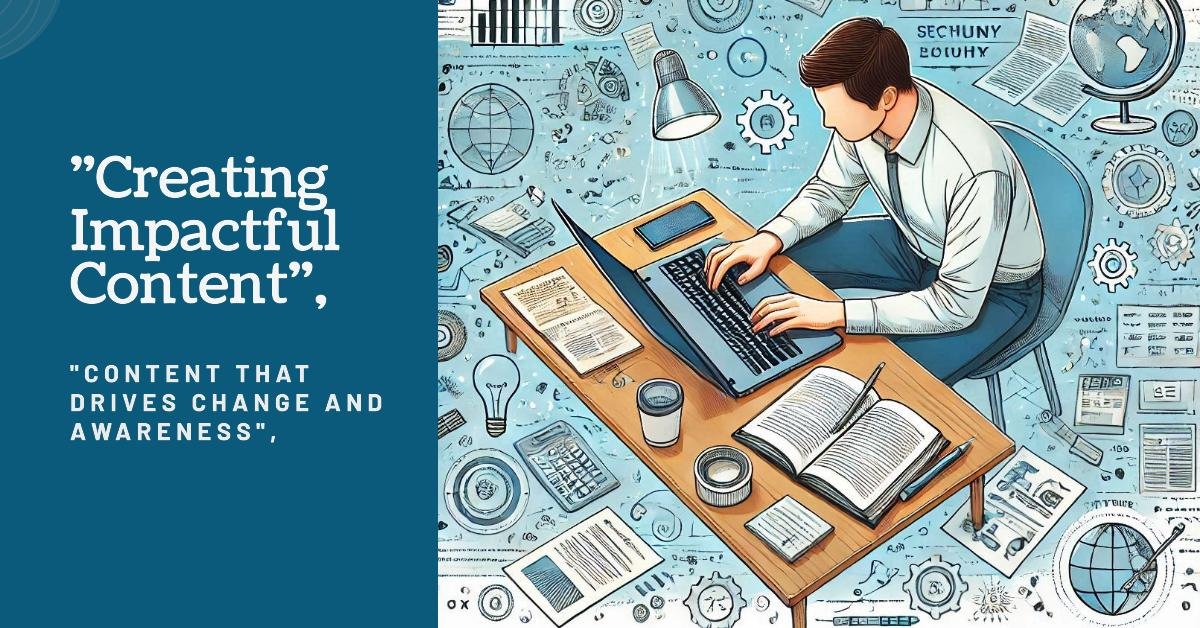
A B2B sales funnel outlines how potential business customers move from being aware of a product or service to becoming actual customers. By organizing steps that align with the buyer’s journey—from initial interest to a final purchase decision—the funnel helps businesses address customer needs at every stage. This approach encourages prospects to progress naturally through the buying process. Unfortunately, many companies struggle to create effective B2B sales funnels. They either focus too much on their needs or use the wrong strategies, leading to missed conversion opportunities.

A traditional B2B marketing funnel is structured into four main stages: Awareness, Interest, Decision, and Action. Each stage represents a different phase in the customer journey, allowing sales teams to tailor their approaches.
Lead generation is essential to create a strong B2B funnel, especially in the Awareness stage. Generating leads means identifying prospects interested in your product or service. Leads generally fall into three categories:
Some popular lead-generation tactics include outbound (direct contacts like calls or emails), online marketing (social media, content, webinars), paid methods (buying leads from third-party services), and referrals from satisfied customers.
Once leads are in the funnel, the Interest stage involves lead qualification to determine which leads have the potential to become customers. Lead qualification frameworks like ANUM and BANT help evaluate factors like authority, budget, needs, and timeline. These frameworks allow you to quickly assess a lead’s readiness to purchase, ensuring time and resources are spent wisely. In BANT, for instance, budget is the first consideration, followed by authority, needs, and timeline. In contrast, ANUM prioritises a lead’s authority to make purchasing decisions before other factors.
Sales calls are invaluable during the Decision stage. Successful sales calls typically focus on just a few of the prospect’s pain points, aiming to address their specific needs without overwhelming them. Throughout these calls, open-ended questions and a flexible structure can help you identify a prospect’s priorities and adapt your approach accordingly. For example, a call may start with confirming the prospect’s budget and timeline, moving to a product demo, and concluding by discussing pricing or the next steps.
Closing the Deal is the goal of the Action stage. To close effectively, the ASK framework can be beneficial:
Digital channels are central to a successful B2B sales funnel. Using the proper channels at each stage ensures you reach prospects effectively and guide them through each phase smoothly.
Alignment between marketing and sales teams is vital for a smooth, customer-centric B2B funnel. When marketing campaigns create opportunities, sales should capitalise on them by turning Marketing Qualified Leads (MQLs) into real prospects. Conversely, sales teams provide valuable insights to marketing on lead quality and messaging.
To promote alignment, both teams should work together to define the ideal target market, meet regularly, and build a shared understanding of what makes a high-quality lead. Clean and up-to-date customer data and collaboration on campaigns and content strengthen both teams’ effectiveness.
A solid benchmark for a B2B funnel is a conversion rate of over 20% from the opportunity to close. This percentage can vary widely based on your industry, business size, and price points. Regularly reviewing sales data can highlight areas of success or identify any “leaks” in the funnel where leads may be falling out of the process.
For best results, sales and marketing teams should regularly analyse these conversion rates together, building a shared dashboard that tracks funnel activity in real time. Weekly meetings to review progress allow teams to catch issues early and adjust tactics as needed.
Today’s market is filled with tools to support every stage of the B2B marketing funnel. To build an effective funnel, look for software that offers:
With the right tools and tactics, your B2B funnel can become a reliable path for nurturing leads and converting them into loyal customers. A well-built funnel doesn’t just bring in conversions; it creates satisfied customers who value the experience and keep returning.

